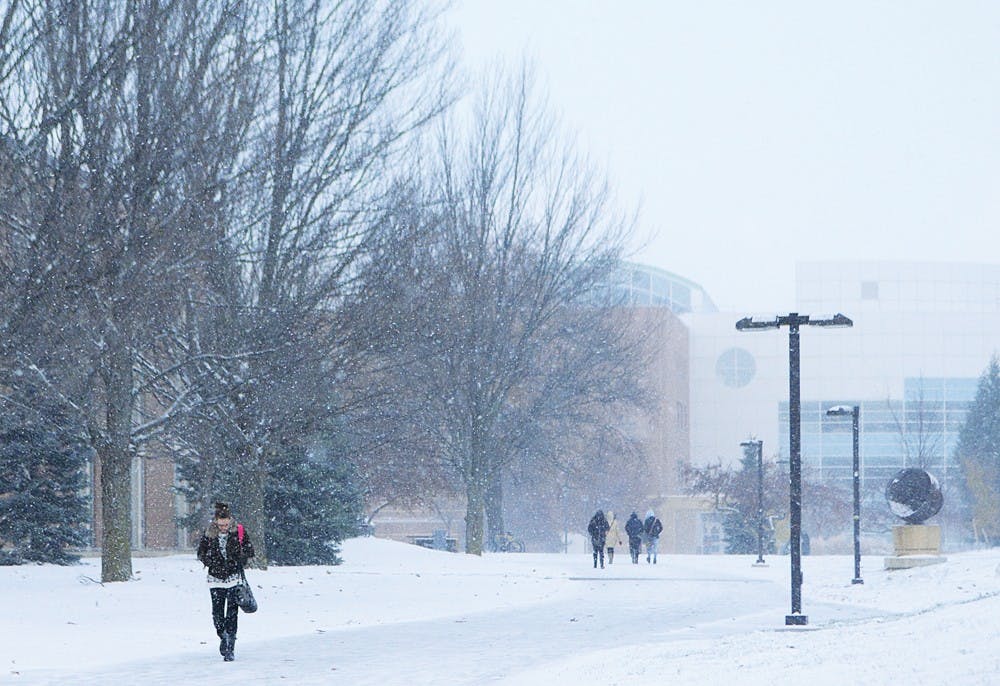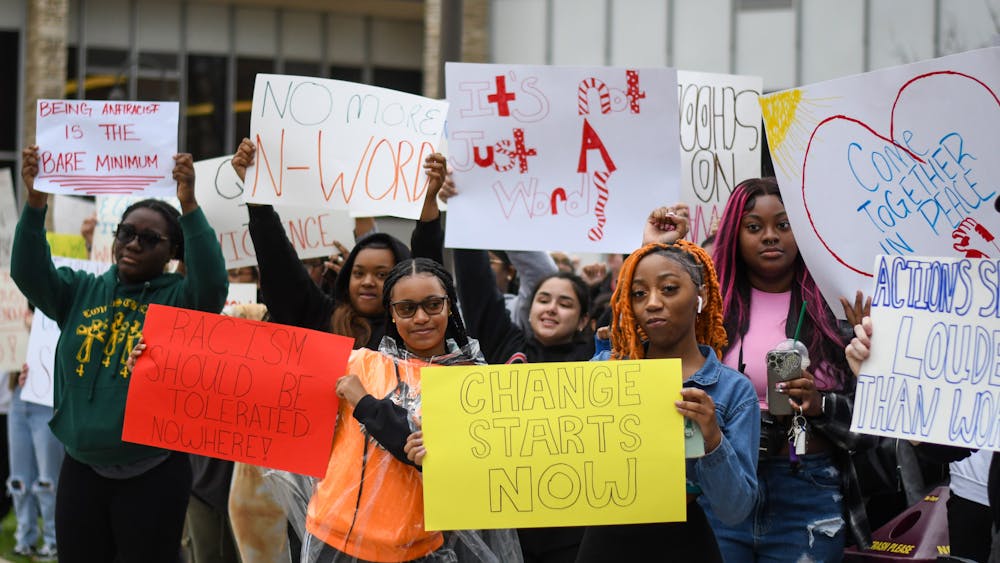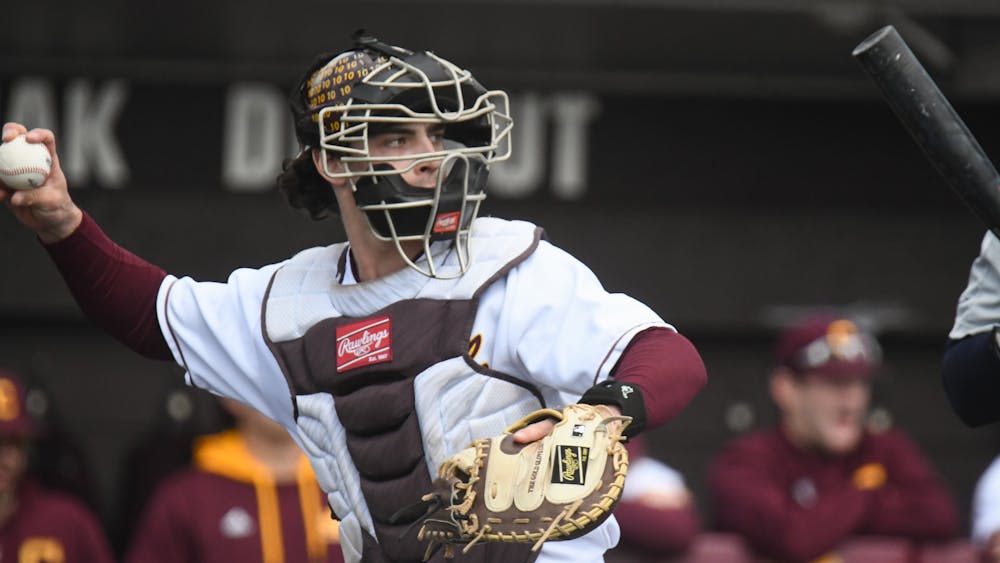November snowfall closes Michigan universities
Western Michigan University marked its earliest closure in 25 years due to inclement weather Tuesday, while students in Mount Pleasant faced their own hardships getting to class through the snow and bitter cold.
Central Michigan University's extreme weather policy is not unlike other universities in that it does not list specific cases that constitute a closure or delay of campus operations. Instead, the Board of Trustees delegated authority to President George Ross, who in turn assigned it to the Vice President of Finance and Administrative Services Barrie Wilkes.
Wilkes ultimately decides whether to close campus after consulting with CMU Police Chief Bill Yeagley and Associate Vice President of Facilities Management Stephen Lawrence, who can make the decision for Wilkes if he is not available.
"We decide based on safety in its most general terms," Yeagley said. "Every situation is unique in Michigan, it could be because of excessive snowfall and crews can't open roadways, or an ice storm, but the bottom line is we want to stay open and stay in business."
Both Eastern Michigan University and WMU have similar policies in that the decision to close is delegated to multiple authorities with no bottom-line criteria. At Grand Valley State University, which also closed Tuesday, the decision is based on university road crews' ability to keep campus roads and parking lots cleared.
The policy also considers conditions of primary and secondary roads in the area.
"There isn’t a pre-determined temperature or snowfall amount that if met determines a delay or closure," Lawrence said. "All factors are considered and then a decision is made based on all of the information we have at the time."
Yeagley said in rare exceptions, such as the multi-car pile-up that temporarily shut down US-127 last year, the conditions of roads away from CMU's campus do not impact their decision. He said there is a high priority on the success of university road crews.
Shelby Township junior Rachel Deason said she sometimes feels uncomfortable on the roads while driving to campus from her apartment, especially for her morning classes. She said the main factor in her decision of coming to class is whether the roads are in good condition.
"With attendance policies sometimes I feel like I don’t have much of a choice," Deason said. "I don’t think it is an excuse because if my professors are there we should be, but it's unfair to the people that have to commute."
The timing of weather events plays largely in determining if CMU closes or delays classes that day, Yeagley said. Winter storms that occur early in the morning generally result in a delay because Facilities Management has time to clear roadways by midday.
"We can't impact the roads or community outside of CMU's campus. We focus on what we can change," Yeagley said. "If someone who lives in Alma or Midland or wherever and believe they can't make it (to CMU) safely because of the road conditions, they have every right not to. We are trying to impact campus because we have the ability to do so."
In order to have campus open, Lawrence said Facilities Management focuses on the commuter parking lots before residence hall parking lots. The remainder of the sidewalks are cleared and salted as soon as possible.
Around 25 percent of sidewalks on campus are critical path sidewalks designated based on critical path modeling that enables efficient walking routes. Handicapped parking and ramps for students with disabilities receive top priority along with intersections, crosswalks and unloading docks, Lawrence said.
"My main point is people don’t always consider students who drive, they look at as if people on campus can make it every one else can," Deason said.
After campus has been closed or classes delayed, a public information action plan will begin. The CMU telephone information line at (989) 774-7500 and the CMU homepage will be updated. Broadcast media will be notified and an email is sent to everyone in the CMU directory, which includes everyone with a cmich.edu email address.
A global blackboard message and the main desk in each residence hall will be notified along with staff. Finally, an automated emergency phone blast is sent to select individuals.





